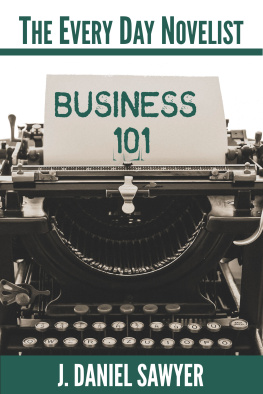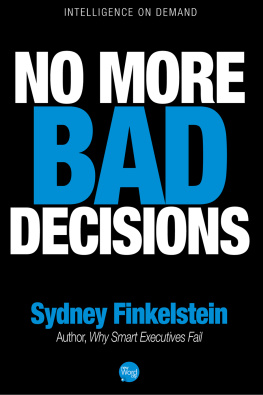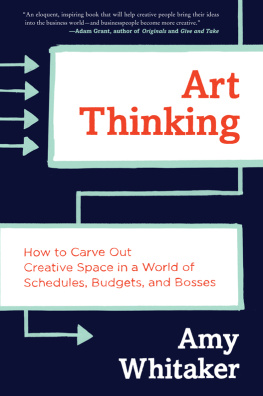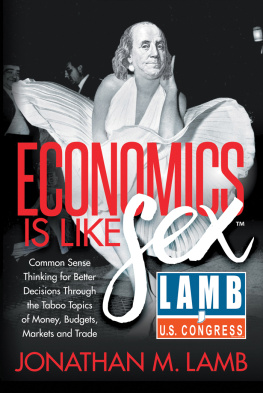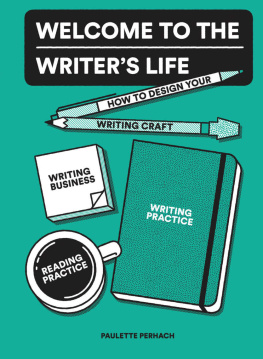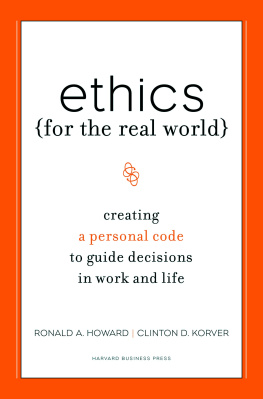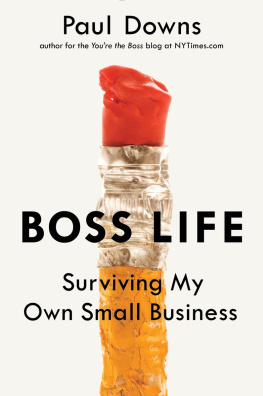Sawyer - Business 101
Here you can read online Sawyer - Business 101 full text of the book (entire story) in english for free. Download pdf and epub, get meaning, cover and reviews about this ebook. year: 2016, publisher: AWP Books, genre: Business. Description of the work, (preface) as well as reviews are available. Best literature library LitArk.com created for fans of good reading and offers a wide selection of genres:
Romance novel
Science fiction
Adventure
Detective
Science
History
Home and family
Prose
Art
Politics
Computer
Non-fiction
Religion
Business
Children
Humor
Choose a favorite category and find really read worthwhile books. Enjoy immersion in the world of imagination, feel the emotions of the characters or learn something new for yourself, make an fascinating discovery.
Business 101: summary, description and annotation
We offer to read an annotation, description, summary or preface (depends on what the author of the book "Business 101" wrote himself). If you haven't found the necessary information about the book — write in the comments, we will try to find it.
Business 101 — read online for free the complete book (whole text) full work
Below is the text of the book, divided by pages. System saving the place of the last page read, allows you to conveniently read the book "Business 101" online for free, without having to search again every time where you left off. Put a bookmark, and you can go to the page where you finished reading at any time.
Font size:
Interval:
Bookmark:
Business 101
The Every Day Novelist
by J. Daniel Sawyer
AWP Nonfiction
A division of ArtisticWhispers Productions, Inc.
2016 J. Daniel Sawyer
All Rights Reserved
Book Design by ArtisticWhispers
Diagrams and Illustrations 2016 Kitty NicIaian
This book is a work of nonfiction. Views and opinions expressed herein do not necessarily reflect the positions of AWP, its sister companies, or its business partners.
This file is licensed for private individual entertainment and education only. The book contained herein constitutes a copyrighted work and may not be reproduced, stored in or introduced into an information retrieval system or transmitted in any form or by any means (electrical, mechanical, photographic, audio recording, or otherwise) for any reason (excepting the uses permitted to the licensee by copyright law under terms of fair use) without the specific written permission of AWP.
For Michael and Ben, who provoked it
With special thanks to ML Buchman
Who helped make it what it is
The Every Day Novelist
J. Daniel Sawyer
Part of the dream for most fiction writersand certainly most fiction writers who pick up a book like thisis to get their work to market. To get published. To have readers pick up their book off a shelf (in a library, or a bookstore, or an online store) and read it, and enjoy it, and talk about it.
And, eventually, to be able to have an audience that follows us from book to book. Maybe even one that will pay us to keep writingmaybe pay enough that we can write as our main career (if we want to).
Once upon a time, getting published looked, from the outside, like it was the difficult part of the processmysterious from the outside, filled with strange rituals and procedures (queries, partials, galleys, etc.) that one must engage in to please the gatekeepers (the editors who must like your work in order for you to have a hope of selling it). You had to get good enough to get their attention, and then you were into the secret world behind the veil.
Of course, as is the case with any game with its own rules, these procedures weren't as opaque and strange from the inside as they were from the outside. But getting published was still a long, complicated process, large swaths of which were outside of the author's control.
The world doesn't work that way anymore. Oh, you can still do things that way, but if your goal is to get published, then taking it through that old-world process is doing things the hard way. Getting published now is as easy as uploading an ebook to KDP or Kobo. Of course, once you do that, you're not just a writer anymore, you're also a publisher.
Whether you go the old route or the new route, a long-term, sustainable career depends on both your business savvy and your writing chops. Later books in this series will deal with different elements of storytelling. This (as you may have surmised from the title) is a book about business.
Specifically, about the conceptual end of business. The finer points (marketing, strategy, leverage, managing subcontractors, creating systems, dealing with taxes, contracts, etc.) are all important, and deserving of a book in their own right, and that's where a lot of business guides start out.
But those are particulars. Like many other authors moving into the middle-era of their career, I've learned the hard way that a focus on the particulars will lead you into one blind alley after another unless you also learn a few basic, foundational premises.
These are habits of thought and ways of looking at the world that set the stage for practicing all those other, particular skills. They will change the way you view those skills, and they may change which ones you think are important.
These foundational premises are tough. Not because they're particularly complicated, but because they form a whole new worldview that, in many cases, runs directly counter to all the intuitions we develop as employees.
If you've worked as an employee for most of your life (and your job didn't involve business strategy or consulting or other high-level positions that gave you a real bird's-eye-view of how business works), or if you're a writer of fiction or narrative nonfiction trying to get your business bearings, or if you've been traditionally published and you're trying to wrap your head around how things work on the other side of the industry, this is your Business 101.
Of the foundational premises we'll walk through in this book, the most foundational one is this:
Because you're a writer, you are a business owner.
Obvious, right? So obvious that you'd probably already figured that out before you came to this book. I mean, it does have Business 101 right on the cover.
And besides, if you're indie publishing anything, you're selling things into retail, and selling=business, right? And, if you're traditionally published, you're still selling thingsyou're just selling your stories to publishers, and that's like wholesaling, right?
But it's one thing to say Of course I'm in business and it's another thing to think like a business owner. That takes some education, and more than that, it takes forming new habits of thinking.
Employee Thinking
When you're an employee, there are a few thought patterns that are so habitual that even pointing out their existence seems...a little weird.
You think in terms of hierarchy
When you're an employee, you're selling your time and capabilities. You get the money you need to live, your employer gets a priority-claim on your talent and attention during certain hours of the day. When your employer (or your boss, who's also an employee) says jump, you say how high. If it's a high-pressure job, you ask how high after you're already on the way up.
If you get conflicting instructions from two different bosses, you sort your priorities based on who has the most authority (or who can make your life most unpleasant).
You work within a social ecosystem that has incentivessuch as bonuses, promotion, accolades, and awardsthat help guide your behavior, and when you're not reaching for an incentive of one sort or another, you tend to slack off and do just what you need to to get by (at least, if you're statistically averagethere are exceptional workers in every field).
In every way you can see, and in many ways you can't, your agency is outsourced up the hierarchical ladder, because the person who writes the paychecks makes the rulesand if you want to keep getting your paychecks, you have to play by their rules.
You think in terms of tasks
As part of the hierarchy at your workplace, you have a job description. It outlines your area of responsibility. The things outside that area aren't your problemyou might be able to help with them, and in some workplaces this is encouraged, but if something falls outside your bailiwick your power to effect it tends to be quite limited.
Inside that area of responsibility, you have tasks to perform, and you must perform them in a timely fashion so that your employer is happy with you.
Whether it's empty all the garbage bins in the shop before lunch time or get the accounting done by the 15th so we can cut paychecks or inspect today's batch of spot-welds to make sure they'll hold under load, you daily rhythm is driven by your task listswhich are formulated either by your boss, or by you, in accordance with the limits of your job description.
You equate effort with outcome
As an employee, you mentally equate the amount of effort and/or time that you spend at your job with a guaranteed, reliable payout (one that the government will enforce). If you work four hours for ten bucks an hour, you get forty dollars (minus taxes) for that work the next time your boss does payroll.
Font size:
Interval:
Bookmark:
Similar books «Business 101»
Look at similar books to Business 101. We have selected literature similar in name and meaning in the hope of providing readers with more options to find new, interesting, not yet read works.
Discussion, reviews of the book Business 101 and just readers' own opinions. Leave your comments, write what you think about the work, its meaning or the main characters. Specify what exactly you liked and what you didn't like, and why you think so.

